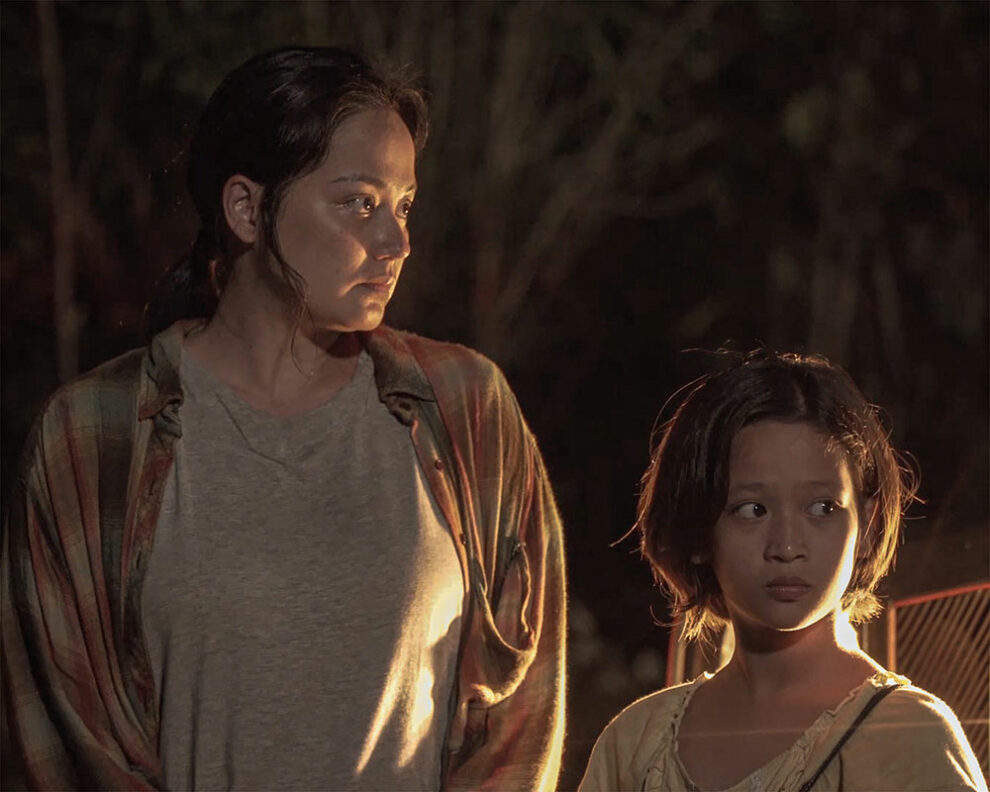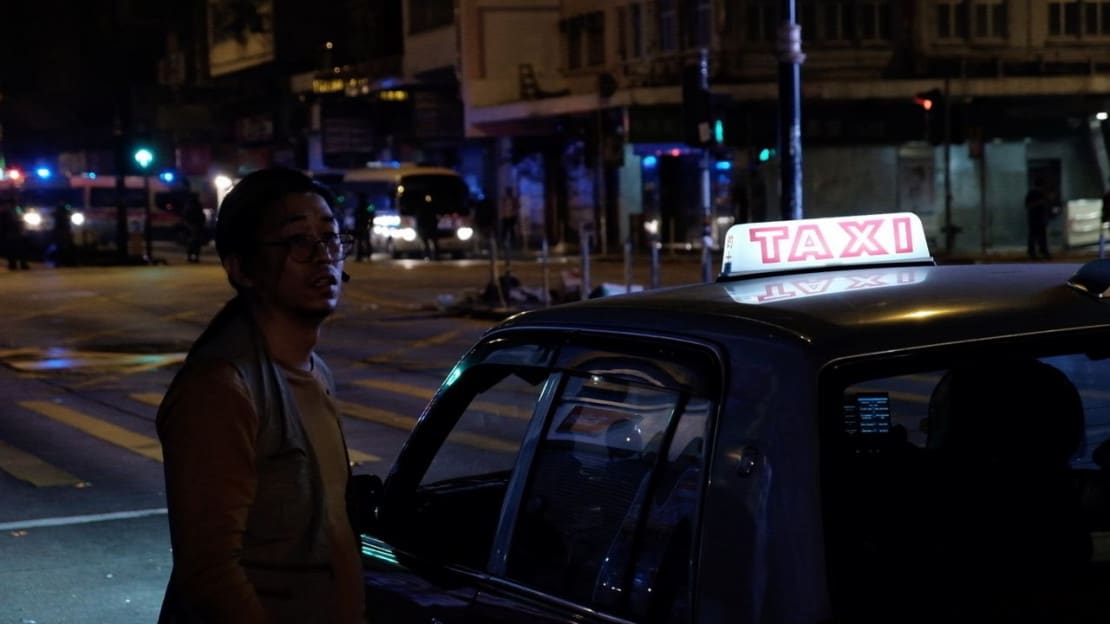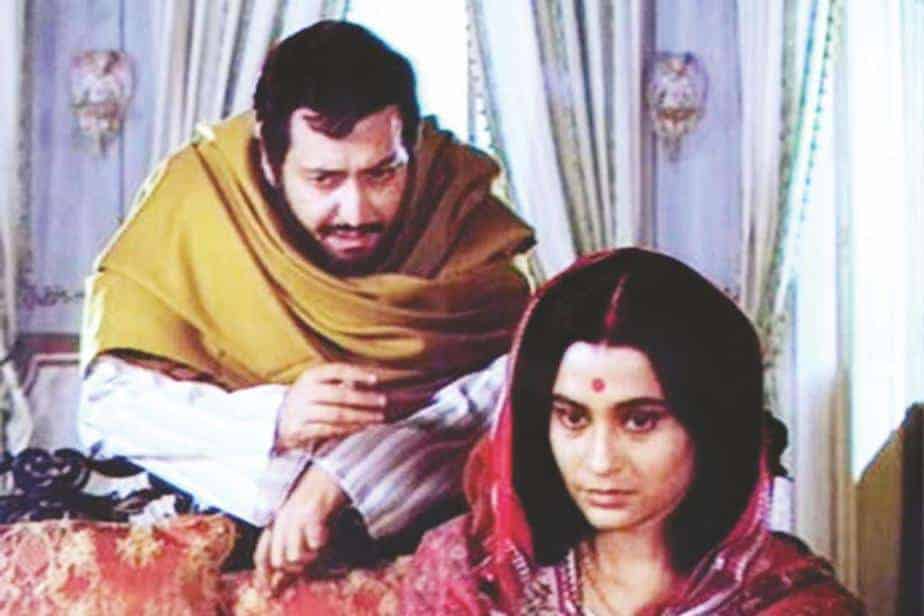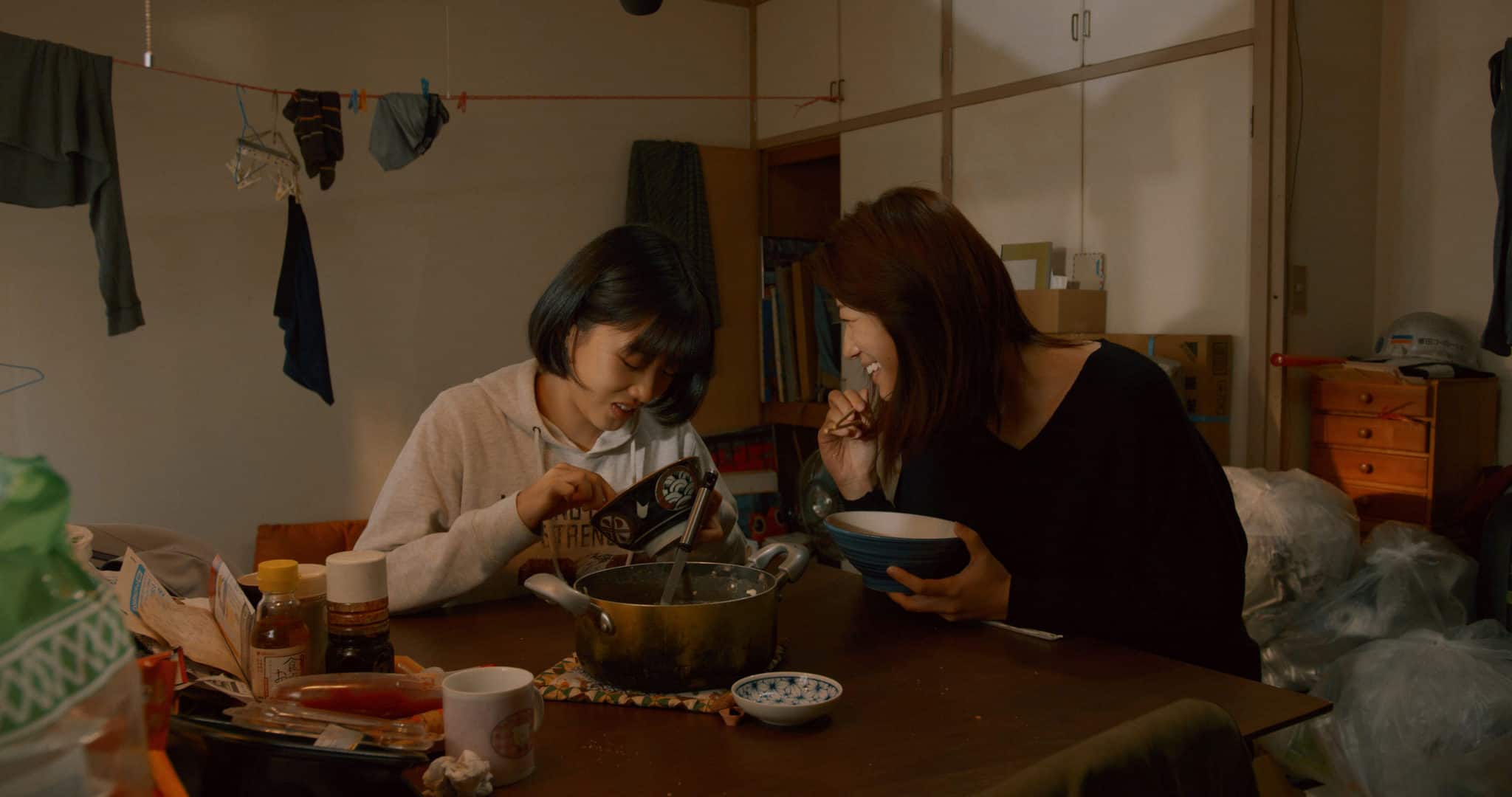Winner of the Orient Express Award for Best Film at Fantasporto, “Kargo” is the second feature of T. M. Malones, and was initially screened in Cinemalaya last August.
Sara, a former stripper in Manila, moved to Maasin, Iloilo, where she was married and had a daughter with her husband, a lorry driver. Unfortunately, a road accident caused them both to die, shattering Sara's life, who succumbed to alcoholism, before she decided to take up her husband's job, in an effort to look for Jesus, the man who, in her mind, was responsible for her tragedy. The work is not easy at all, with her being constantly harassed by men, but eventually she meets a young girl and takes her under her protection. Her search for Jesus, however, continues.
TM Malones directs a movie that unfolds in two axes, one literal and one symbolic. The literal one is essentially a road movie that aims to highlight the particular remote area through Sara's visits to a number of locations that are anything but touristy, and also to entertain through a number of episodes, as is usually the case with the genre. In that regard, the way Sara changes through her trip is one of the most impactful aspects of the narrative, with the appearance of the little girl and the violence that she inevitably stumbles upon being the catalysts for this change.
This last aspect benefits the most by Max Eigenmann's acting in the protagonist role, who proves that she can be as convincing as a butch lorry driver as much as a motherly figure throughout the story, in a role that essentially anchors the movie. The same applies to Joel Honeywell's cinematography, who captures the different settings with artistry and realism, while excelling particularly in the night scenes, with the one with the accident being the one that definitely stands out.
The second axis is presented through a number of symbolisms. The cargo of the bamboo-loaded truck is the most evident, as it symbolizes Sara's burden and her effort to finally unload it, while the imbalance of the whole truck, the imbalance in her own life. The whole trip could be perceived as life itself, with the various episodes and the choices she makes in how to deal with them essentially dictating her life. Lastly, the kid she meets is a symbol for how chance can affect and shape people while that her search is for Jesus, could be perceived as a religious metaphor, although there is definitely a chance I am overreading here.
Through both these axes, Malones manages to make a number of sociophilosophical comments. The lives of the poor in the remote areas of the country, the way women are treated by men, particularly in professions such as the one Sara undertakes, revenge, and most of all what makes people change, are all examined here, concluding the rather rich context of the film.
The script by Joseph Israel Laban contains some elements that move almost into the surrealistic, while there are moments that the movie does not look completely coherent, with the placement of the flashbacks not being exactly ideal. Furthermore, the obvious low budget takes its toll in the action sequence in the end, which is not particularly convincing in its whole presentation.
As such, it becomes obvious that Malones does not yet have full command of the medium, something that becomes obvious on some occasions during the film. However, the context, the visual approach, the narrative style and Eigenmann's acting definitely compensate, resulting in a movie that definitely deserves a watch, also because at 80 minutes, it surely does not overextend its welcome.
















